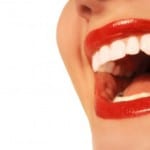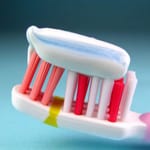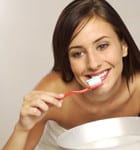 Many people are aware of the damage a poor oral hygiene routine can do to their teeth and gums, but have you ever thought about the link between oral health and general health? Many dentists describe the mouth as a window to the rest of the body and often, problems in the mouth reflect underlying general health conditions. There is also a significant body of evidence to support the notion that oral health issues increase the risk of general health problems.
Many people are aware of the damage a poor oral hygiene routine can do to their teeth and gums, but have you ever thought about the link between oral health and general health? Many dentists describe the mouth as a window to the rest of the body and often, problems in the mouth reflect underlying general health conditions. There is also a significant body of evidence to support the notion that oral health issues increase the risk of general health problems.
Oral and general health
Numerous studies have established a link between oral and general health and the consensus is that looking after your teeth and gums can really make a difference to your general health. One of the most significant findings of research studies in this area is the potential connection between gum health and general health. Several studies have now established a link between gum disease and an increased risk of heart problems and strokes. Experts believe that harmful bacteria from the mouth can travel around the body via the bloodstream. This can trigger an inflammatory effect, contributing to a heightened risk of strokes and heart attacks.
Studies have also shown that poor oral hygiene can increase the risk of oral cancer and there is evidence to support a link between missing teeth and gum disease and a higher risk of dementia and Alzheimer’s disease. People with gum disease are also more likely to suffer from diabetes.
Ways to boost oral and general health
If you’re eager to enjoy good oral and general health, here are some simple steps to follow:
- maintain good oral hygiene at home
- eat a healthy diet, which moderates sugary, processed and fatty foods
- see your dentist every six months
- be aware of your mouth – look out for changes and see your dentist if you have symptoms including swelling, toothache, sensitivity and bleeding gums
- drink plenty of water
- drink alcohol in moderation
- avoid smoking















